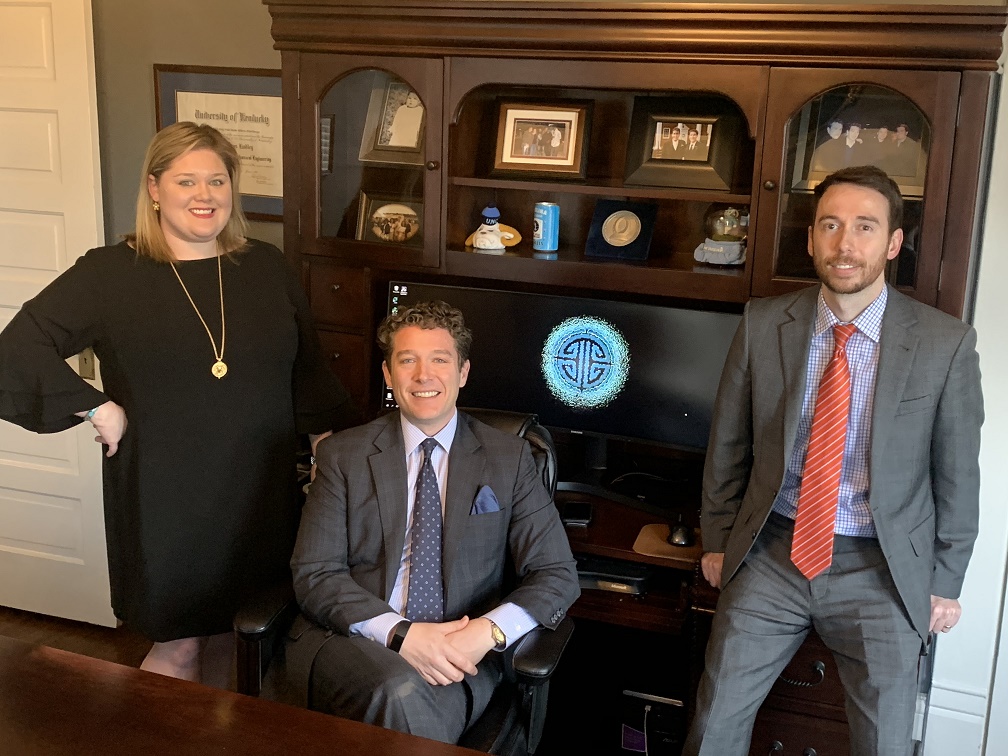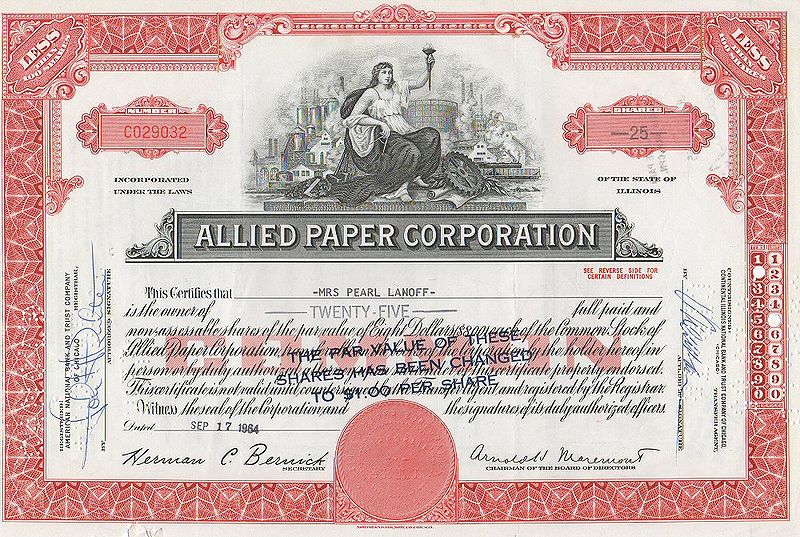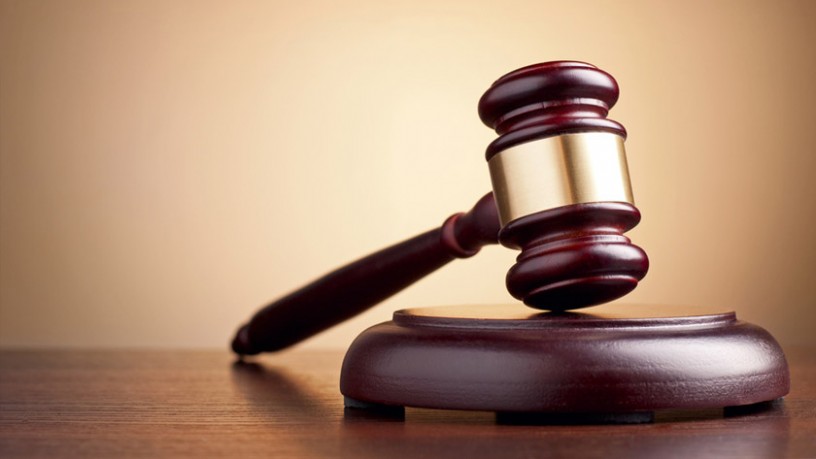The Bunker Hill Covered Bridge is a well-known historical landmark in Claremont, North Carolina, originally built in 1895. The bridge was damaged due to excessive rain, flooding, and erosion in the area, which prompted the Historical Association of Catawba County (the “Historical Association”) to hire NHM Constructors, LLC (“NHM”) to repair the bridge. A dispute arose between the parties, NHM filed a lien on the property, and subsequently filed a lawsuit, seeking payments from the Historical Association. The Historical Association alleges NHM is not owed additional payments because the costs exceeded the budget provided in NHM’s bid. The case will largely turn on the type of contract the parties executed…
-
-
CONGRATULATIONS TO TREY LINDLEY, SATIE MUNN, AND KEVIN CLEYS FOR BEING RECOGNIZED IN SUPER LAWYERS MAGAZINE
Lindley Law is pleased to announce its recognition by the 2020 edition of Super Lawyers. Trey Lindley was selected as a Super Lawyer in Estate and Trust Litigation, his third consecutive year receiving this award. Trey was previously recognized as a Rising Star by Super Layers Magazine from 2012 through 2017, making this his ninth consecutive honor from the publication. Satie Munn and Kevin Cleys were selected as 2020 Rising Stars by Super Lawyers Magazine. This is Kevin’s first year receiving this award for Civil Litigation. This is Satie’s second consecutive year receiving the award for Rising Star in Estate and Trust Litigation. Each year, Super Lawyers recognizes the top…
-
PIERCING THE CORPORATE VEIL IN NORTH CAROLINA
In North Carolina, as in all states, a shareholder or owner of a business is generally not personally liable for the debts of the business. Additionally, Business A is generally not liable for the debts of Business B, even if the two businesses are associated entities. However, a recent North Carolina Court of Appeals decision illustrates that these limits on extended liability for corporate debts are themselves limited by the concept of piercing the corporate veil. The Court of Appeals Decision In General Fidelity Insurance Company v. WFT, Inc., et al., General Fidelity Insurance Company (“General Fidelity”) contracted with WFT, Inc. (“WFT”), for whom co-defendant Peter J. Willis…
-
SETTLEMENT PUTS STOP TO “WE CAN’T STOP” COPYRIGHT INFRINGEMENT LAWSUIT
Musician Miley Cyrus, record label RCA Records, and songwriter Michael May (a/k/a Flourgon) settled the parties’ dispute over Cyrus’s hit song “We Can’t Stop.” Flourgon alleged Cyrus’s hit unlawfully infringed copyrighted material in his previously recorded song “We Run Things.” What does the U.S. Copyright Act of 1976 (the “Copyright Act”) provide regarding music, and what damages are available to the owner of an infringed copyright? The Basics of Copyright Law As discussed in Lindley Law’s prior blog post, a copyright protects an original work of authorship “fixed in any tangible medium of expression.” “Copyright” is not a single right, in the literal sense. Instead, it refers to…
-
WHAT IS A WILL CAVEAT?
A will caveat is a special proceeding in which parties can challenge the validity of a document purporting to be the last will and testament of the decedent. The question to be answered is whether the purported will is valid. As a result, admissible evidence and potential remedies are limited to a determination of that question. Initiating Steps A caveat proceeding is initiated when an individual (the “decedent”) dies, leaving behind a document purporting to be his or her will. The purported will is submitted to the clerk of court to be probated. Any interested party – any party with a pecuniary or beneficiary interest in the decedent’s…



